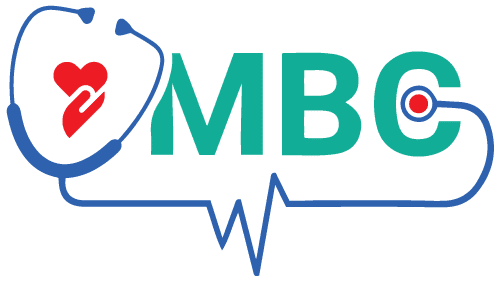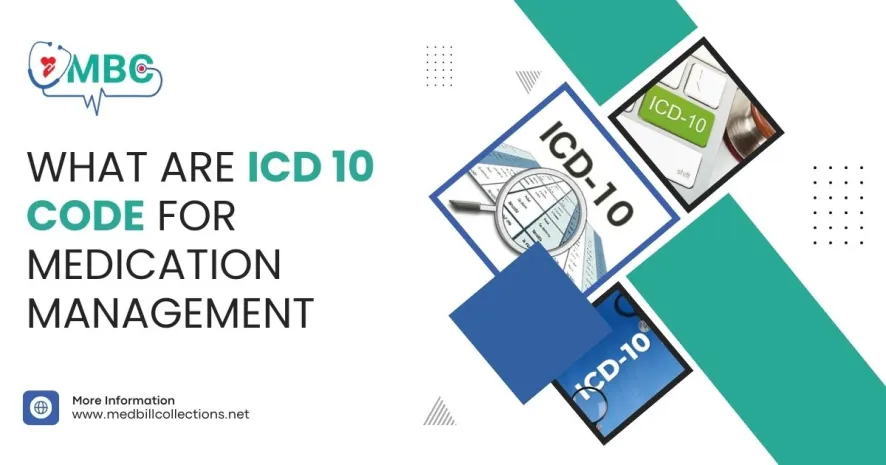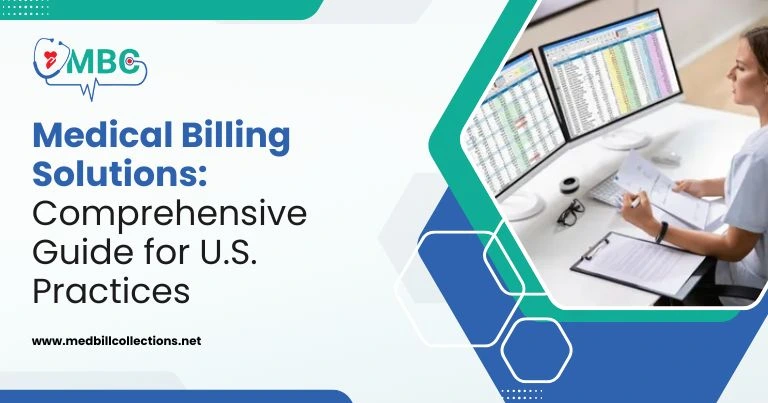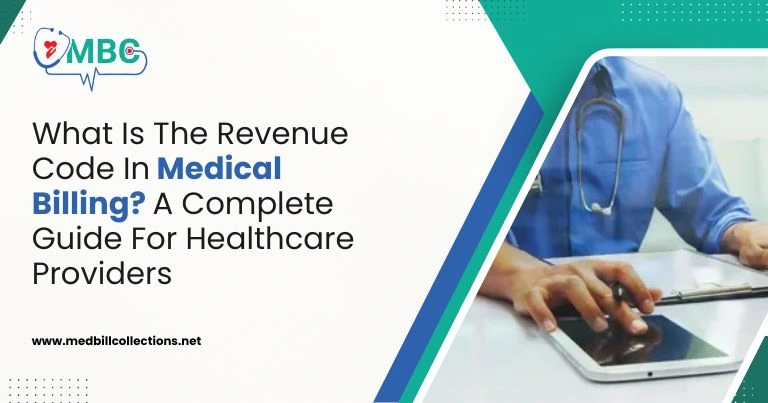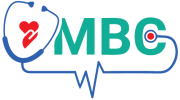Appropriately managing drugs in clinical practice ensures patients’ safety. This is commonly found in situations involving patients battling chronic diseases, following detailed care schedules, or taking a number of medicines.
That is why using the proper ICD 10 code for medication management is so important. It ensures consistency in treatment along with proper payment and invoicing of care services.
We’ll look at how these codes function and when to make use of them.
Why You Need the Right ICD-10 Code for Medication Management
In most clinical visits, there’s some discussion around meds. Maybe you’re adjusting blood pressure meds. Maybe a patient’s asking about side effects. Or maybe you’re initiating a new medication after reviewing lab results.
Even if the visit isn’t entirely about medications, you still need to show that medication care is being delivered. This is where the ICD 10 code for medication management comes in handy. It helps you clearly define why that patient encounter matters, and helps insurers understand the medical necessity.

Use when: Patient is on maintenance therapy like antihypertensive, diabetes meds, or antidepressants.
The go-to code for general drug therapy management is Z79.899 – “Other long-term (current) drug therapy.” It’s broad and works for most ongoing medication regimens.
Other Important Codes That Support Medication-Related Visits
Now, not every medication encounter fits neatly under Z79.899. Let’s walk through other codes that better describe specific situations.
If you’re adjusting meds due to a chronic condition, it’s good to pair Z79.899 with the primary diagnosis. For instance:
- E11.9 – Type 2 diabetes without complications (when managing insulin or metformin).
- I10 – Essential hypertension (common with ACE inhibitors or beta blockers).
- G30.9 – Alzheimer’s disease, unspecified (used when monitoring memory-related drug therapy).
If the visit is for reviewing side effects or compliance, or just updating the drug list, the medication review ICD 10 code is Z71.89 – “Other specified counseling.”
Understanding ICD 10 Code for Medication Monitoring
Sometimes you’re not just managing—you’re actively monitoring the effects of a drug. Think of checking INR for warfarin patients or monitoring lithium levels. That’s when the ICD 10 code for medication monitoring comes into play.

Use when: You’re actively measuring drug levels (e.g., warfarin, lithium).
Use Z51.81 – “Therapeutic drug level monitoring.” It justifies your lab work and documents that the visit involved dose adjustments or safety checks.
And don’t forget to pair this with a related condition:
- Z79.01 – Long-term use of anticoagulants (for warfarin or apixaban).
- Z79.899 again fits when the drug class isn’t specifically listed.
It is essential to monitor patients who need chronic care or take drugs with a narrow therapeutic index. Not writing it down is like forgetting everything.
What About High-Risk Medications?
Some meds carry bigger risks—either due to side effects, dependency, or long-term complications. The high risk medication ICD 10 code tells payers and future providers that you’re keeping a close eye on things.
Use Z79.891 – “Long-term (current) use of opiate analgesic” for patients on chronic opioids.
Also consider:
- Z79.4 – Long-term use of insulin.
- Z79.84 – Long-term use of bisphosphonates (osteoporosis meds).
Using the high risk medication ICD 10 properly shows that you’re meeting quality standards, especially if you’re in value-based contracts or need documentation for audits.
New Wave: ICD-10 Code for Weight Loss Medication Management
Weight loss drugs are on the rise. If you’re prescribing GLP-1s like semaglutide (Ozempic) or other agents like phentermine, you need to document it clearly.
A good code to use is Z79.899, but be sure to pair it with a diagnosis like:
- E66.9 – Obesity, unspecified.
- E66.01 – Morbid obesity due to excess calories.
Use when: Managing GLP-1s or other weight loss medications

Use when: Managing GLP-1s or other weight loss medications
So yes, there is an ICD-10 code for weight loss medication management, but it works best in combination with the obesity diagnosis. Make sure to note the medication plan and the patient’s response over time.
When You’re Just Starting Out: Establishing Care
Let’s say a new patient comes in and you’re setting up a long-term treatment plan, including meds. This is where the establishing care ICD 10 comes in.
Use Z00.00 – “Encounter for general adult medical exam without abnormal findings.”
Or if they come in with conditions:
- Z00.01 – With abnormal findings.
- And document the medication plan using Z79.899 or the relevant drug class code.
It’s a clean way to build the case from the start—especially in primary care or behavioral health settings.
Don’t Forget Long-Term Use Codes
Another critical detail? Documenting long-term use. It’s not enough to just list a drug—insurers want to see that it’s ongoing. That’s where codes like:
- Z79.01 – Long-term use of anticoagulants
- Z79.82 – ICD 10 code for long term use of aspirin
- Z79.899 – For all other long-term drugs
Choosing the Right Drug Class: Best Practices
You’re not always prescribing the same thing. Choosing a medication class—like SSRIs vs SNRIs, or ACE inhibitors vs ARBs—affects how you code.
While there isn’t a single best drug class for ICD coding, there are best practices. Use a condition-specific diagnosis code like F41.1 (Generalized anxiety disorder) along with Z79.899 to reflect long-term therapy.
And if you’re titrating doses or switching meds, document your rationale. It shows the clinical decision-making behind your choices.
A Word on Medical Billing
Accurate medication management coding reduces denials. It ensures your practice is reimbursed for the care you’re actually delivering. But it takes time and precision.
That’s where partners like MedBill Collections come in. They specialize in helping providers like you clean up billing, catch errors, and increase your collections—especially for medication-heavy cases.
FAQs
- What’s the main ICD 10 code for medication management?
Primary code 899 indicates a patient receiving long-term medication not belonging to a defined drug class. - When should I use Z51.81 for medication monitoring?
You can use it when you are monitoring blood levels of active therapeutic drugs, for instance, INR when using anticoagulants or serum lithium in the blood. - Is there a specific ICD code for reviewing medications during a visit?
Yes, Z71.89 covers medication review ICD 10 services when your focus is counseling or updating the patient’s med plan. - How do I document weight loss drug follow-ups?
Pair Z79.899 with a diagnosis like E66.9 for obesity. That serves as your ICD-10 code for weight loss medication management. - What code should I use for long-term aspirin therapy?
Use Z79.82, which specifically represents the ICD 10 code for long term use of aspirin.
Final Thoughts
Being accurate with the ICD 10 code for medication management isn’t just good billing practice—it’s good medicine. It keeps your documentation clean, supports medical necessity, and helps improve patient outcomes. Don’t overlook the secondary codes like ICD 10 code for medication monitoring or high risk medication ICD 10, especially when treating complex patients.
If you’re looking to clean up your billing process, or reduce rejected claims due to incorrect codes, now is the time to audit your records. You can also read more on our blog about establishing care ICD 10 tips and how to use them in follow-up visits.
